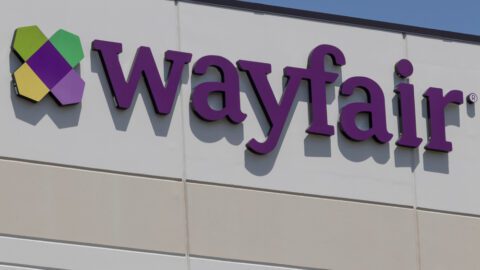Overstock is preparing to sell off the retail side of its business by February 2019, according to The Wall Street Journal. Overstock will instead focus on its Medici Ventures unit, which includes the blockchain-based trading system tZERO, according to CEO Patrick Byrne.
Medici Ventures houses several startups, including one that is working with the Rwandan government to develop a digital property-rights platform, and a platform called Voatz that ran a blockchain-based pilot to help overseas military personnel cast their votes in West Virginia using a smartphone.
Byrne already has taken steps to distance Overstock from retail, including changing his own title from CEO of Overstock and naming Saum Noursalehi, formerly President of Overstock.com, as CEO of tZERO. Byrne is the Executive Chairman of the subsidiary.
However, the venture is not yet profitable: tZERO hasn’t launched commercially (though it expects to do so in Q1 2019), and the company is losing millions of dollars a month. Overstock also has invested $175 million in Medici Ventures, which posted losses of $22 million in 2017 and $39 million during the first nine months of 2018. The retail business isn’t faring much better, and Overstock as a whole lost $163.7 million during the first nine months of 2018.
Despite the losses, Medici Ventures has continued investing in blockchain technology. The firm has been taking stakes in blockchain startups partially owned by its leadership, including:
- SiteHelix: 62% owned by Noursalehi, acquired for $3.4 million in June 2018;
- Bitsy: 25% owned by Medici COO Steve Hopkins, took a 25% stake for $4.5 million in July 2018; and
- Chainstone Labs: 71% owned by Medici board member Bruce Fenton, took a 29% stake for $3.6 million in September 2018
Should the venture prove successful, the payoff could be great — blockchain solutions are garnering interest across the entire retail industry, from grocers using the technology to track fresh food to luxury retailers tapping blockchain to verify the authenticity of diamonds.
“Being the guy who pedals along and makes $10 to $20 million a year wasn’t sustainable,” said Byrne in an interview with The Wall Street Journal. “[With Medici,] we have maybe several multibillion-dollar properties in there.”












